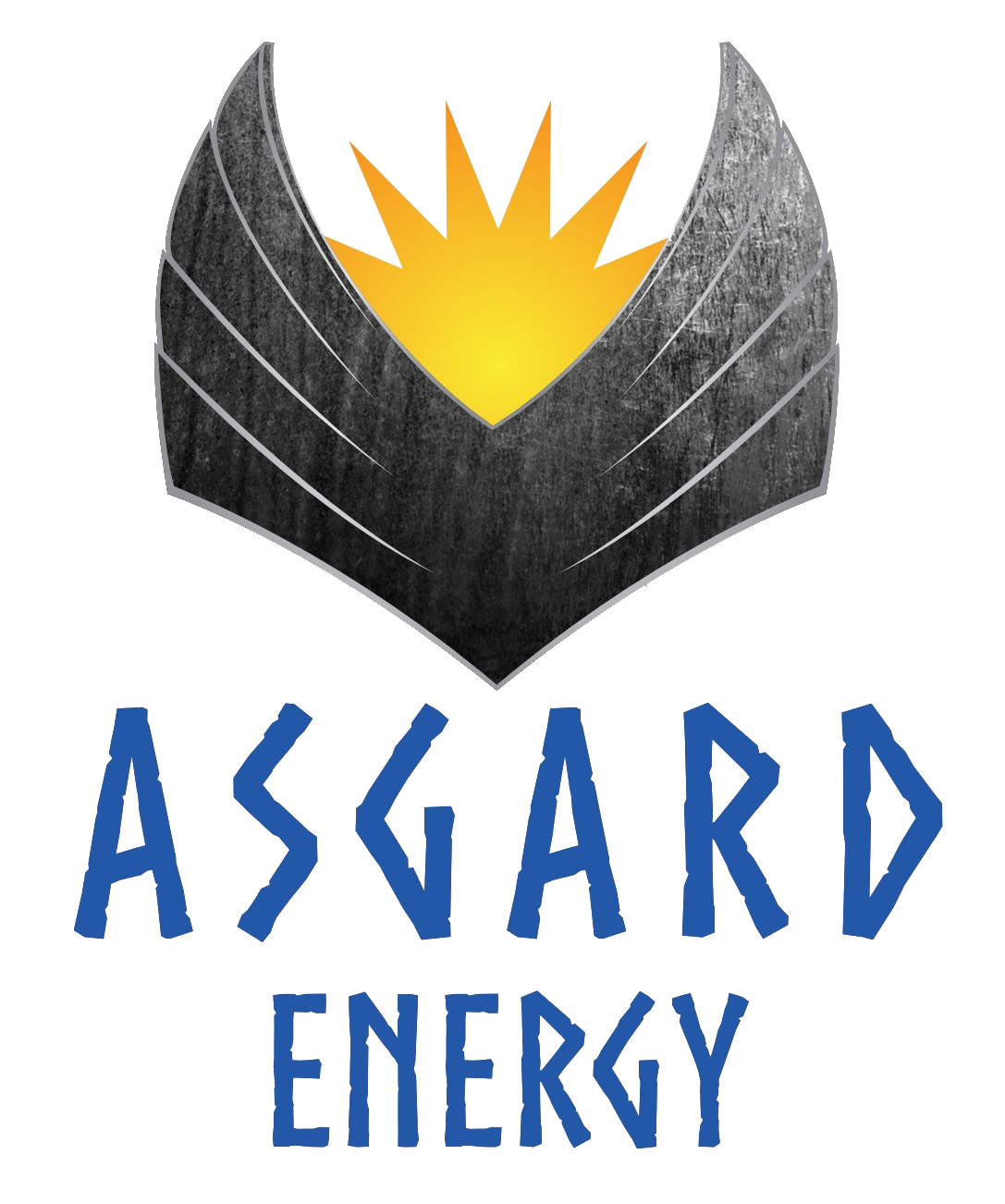Frequently Asked Questions
Solar & Battery
How much do solar panels and batteries cost?
Costs vary depending on your home and energy needs. On average, solar-only systems range from $10,000–$30,000, and batteries add $8,000–$15,000 each. By acting fast you can still use the 30% federal tax credit, your total investment can be significantly reduced. We’ll design a system that fits both your budget and goals.
Are solar panels really worth it for my home?
Yes, especially in California. With high electricity rates, most homeowners see payback in 6–8 years, then enjoy decades of free power. Plus, solar adds value to your home and protects you from future utility rate hikes.
Do I need a battery with my solar system?
Not technically...but under NEM 3.0, it’s more important than ever. If you're in SDG&E or SCE territory, batteries allow you to store excess solar and use it during peak times, instead of selling it back at lower rates. It's a key piece for maximizing savings and gaining energy independence.
How much can I save on my electric bill with solar?
It depends on your usage and system size, but many homeowners see their bills drop by 50–100%. With a well-designed system and battery, you can even eliminate your bill entirely.
Do solar panels increase home value?
Yes. Homes with solar often sell faster and for more money, because buyers value lower electric bills and energy independence. It's a smart home improvement that pays you back over time.
How long can a battery power my home?
A single battery (like a Tesla Powerwall or Enphase IQ) can typically run key circuits (lights, fridge, Wi-Fi) for 24–48 hours, depending on your usage. For full-house backup, we can install multiple batteries.
Can I add a battery later to my solar system?
Yes, and we design your system to be battery-ready. Many customers start with solar and add a battery down the road. It’s a smart way to future-proof your system.
Do batteries qualify for tax credits or rebates?
Yes, for now. If the battery is charged by solar, it qualifies for the 30% federal tax credit. Some local utilities also offer rebates. We’ll handle the paperwork and make sure you get everything you're entitled to.
What should I look for in a solar installer?
Look for a company that’s licensed, local, transparent, and experienced, like Asgard Energy. We guide you from start to finish with no pressure, no hidden fees, and no corner-cutting.
Do I need permits for installation?
Yes, but we handle all of it. From permitting to inspections, you don’t have to worry about a thing. We keep the project moving smoothly from start to finish.
Will my HOA or city allow solar?
In most cases, yes...and California law protects your right to go solar. However, HOAs and city building departments do have the authority to enforce certain rules around how and where solar or batteries are installed. These rules can include design restrictions, fire safety clearances, or specific equipment requirements, which may impact the cost or complexity of your project.
At Asgard Energy, we handle all of the permitting and HOA coordination for you. We’ll work through any special conditions to make sure your system is fully compliant — and done right the first time.
Electrical
Do I need to upgrade my electrical panel for solar or battery storage?
Possibly. Older homes with 100A panels or less often need an upgrade to support a solar system, especially if you're adding a battery. We check your panel capacity during the site visit and will include any necessary upgrades in your proposal.
How can I tell if my electrical panel is outdated or unsafe?
If your panel is over 30 years old, has fuse boxes, or is from known problem brands like Federal Pacific (FPE) or Zinsco, it may need replacement. Flickering lights, breakers that trip often, or a panel that feels warm to the touch are also warning signs.
What size electrical service do I need for my home?
Most modern homes require 200 amps to support today’s appliances, HVAC systems, EV chargers, and solar. Older homes with 100 amps may be underpowered. We’ll evaluate your current and future needs prior to starting the project.
Can I add an EV charger to my existing electrical system?
Yes, but we’ll need to check if your panel has available capacity. If it doesn’t, we can add a subpanel or upgrade your main service. We install EV chargers all the time and can integrate them into your existing electrical system.
Why do my lights flicker or my breakers trip?
This could be due to overloaded circuits, loose connections, faulty breakers, or even issues with your utility feed. If it’s recurring, it’s important to get it inspected, we can help diagnose and fix the issue.
Is it safe to DIY electrical work in my home?
For small tasks like swapping an outlet, maybe. But for anything involving wiring, panels, or code compliance, it's best to call a licensed electrician. Mistakes can lead to fire risks, injury, or failed inspections.
Do I need permits for electrical work?
Possibly. Any major electrical work, including panel upgrades, battery installs, or new circuits, requires a permit and inspection. We take care of all of that for you and ensure everything is up to code. Smaller electrical work like installing lights, fixing outlets, do not require permits.
Can my existing wiring handle a home battery system?
Not always. Home batteries need dedicated circuits and often require load-shedding devices or backup subpanels. We design and install everything safely to code and include any wiring upgrades needed.
How long does it take to upgrade an electrical panel?
Usually 1 day, followed by a final inspection from the city or utility. If you’re upgrading as part of a solar or battery install, we’ll schedule it efficiently to avoid delays in your project.
What’s a critical loads panel, and do I need one?
A critical loads panel (aka backup panel) separates the circuits you want backed up by your battery, like lights, fridge, internet, etc. You only need one if you’re adding a battery. We’ll help you choose what to include based on your needs.


